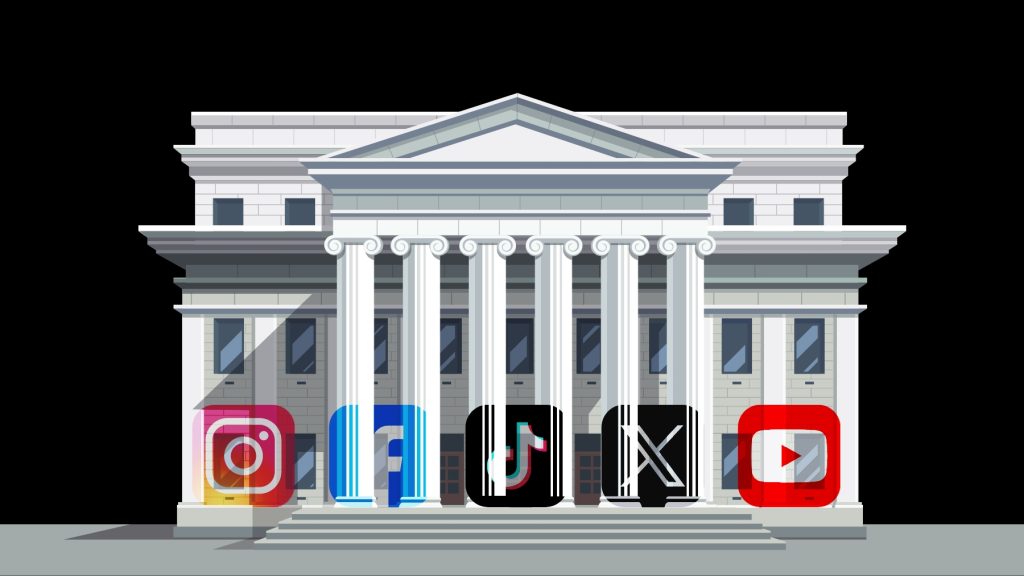
In legal news today, the U.S. Supreme Court has deliberated for hours over two pivotal cases involving Big Tech and their First Amendment rights.
- The final verdict won’t be until July.
- The judges were not happy with the letter of law, as it left a lot open for interpretation.
- The judges seem to be leaning in favor of the tech giants.
On Monday 26th, the U.S. Supreme Court deliberated for four hours over two important First Amendment cases involving Big Tech.
The Supreme Court cases originated in the States of Texas and Florida. Both revolve around laws aimed at constraining major social media platforms’ authority in content moderation. These First Amendment cases have stirred a debate over what free speech in the digital age looks like.
On one side of the ring, there are conservative lawmakers concerned about censorship, specifically the censorship of right-wing viewpoints. Meanwhile, the other side has tech giants demanding to conserve their right to curate the content.
The heart of the debate is whether the Supreme Court should consider social media platforms as public forums, with a justified lack of control over the content, or private entities, with a mandatory right to editorial discretion.
The solicitor general of Florida, Henry Whitaker, emphasized the social media platforms’ role as conduits for communication. Answering Justice Brett Kavanaugh, who asked if the states have the right to tell publications, bookstores, and the like, what to feature, Mr. Whitaker asserted that “[their] whole point is that these social media platforms are not like those.”
Meanwhile, Paul Clement, who is representing NetChoice in both cases, opposed the resemblance. He threw Section 230 at the judges (not literally), which absolved tech companies of the liabilities from most user-generated content. He described how Congress wanted internet companies to act like publishers and exercise judgment by protecting them in case they take down bad material to avoid liability. He also points out that content moderation keeps material violating these companies’ terms of service at bay. He qualified it as editorial discretion to make the platforms friendlier for users and advertisers.
Justice Ketanji Brown Jackson pointed out that the internet is the modern-day equivalent of the town square. This analogy prompted questions about whether the same concerns about free speech should apply, given that the “town square” is privately operated.
Mr. Clement was quick to distinguish between censorship and editorial discretion, attributing the former to government bodies and the latter private parties. Ballsy, if you ask me. But I digress.
The judges were unhappy with how broad the letter of the law was, especially Florida’s. The wording left a lot up to interpretation, and the judges fear that the law may encroach upon unrelated services like Uber or Etsy.
From the looks of everything, the judges seem to be leaning toward scrutinizing the constitutionality of the two states’ laws.
Will Big Tech win? I guess we’ll find out in July.
Inside Telecom provides you with an extensive list of content covering all aspects of the tech industry. Keep an eye on our Impact section to stay informed and up-to-date with our daily articles.